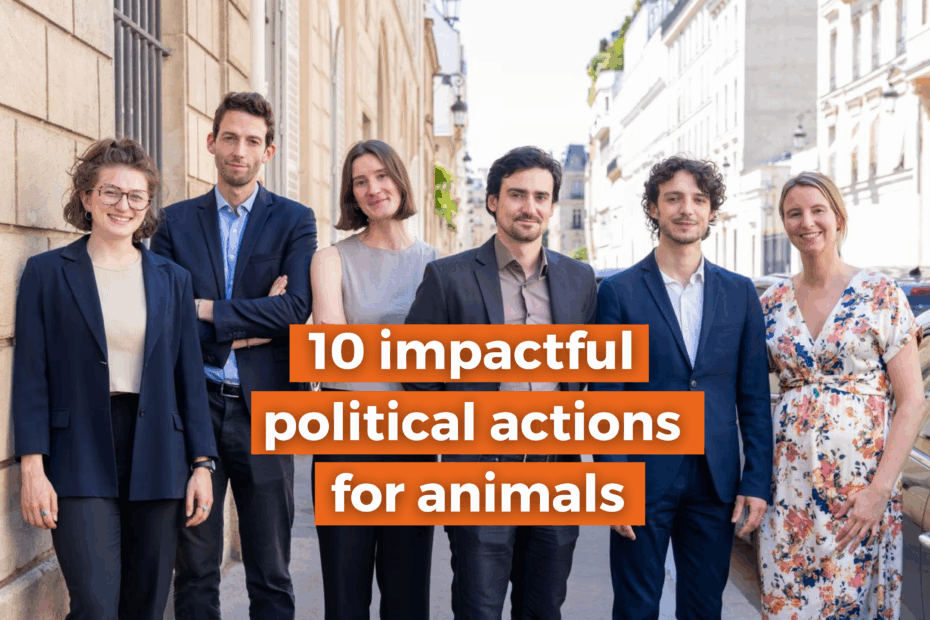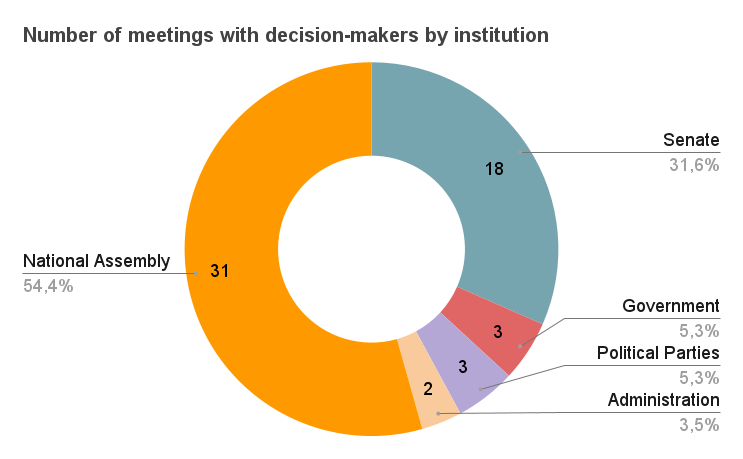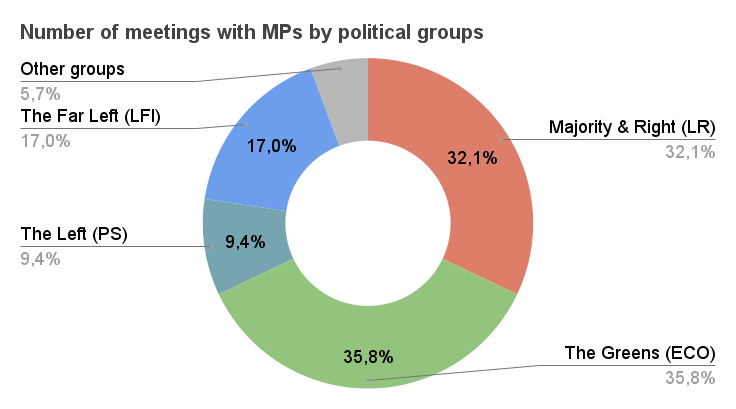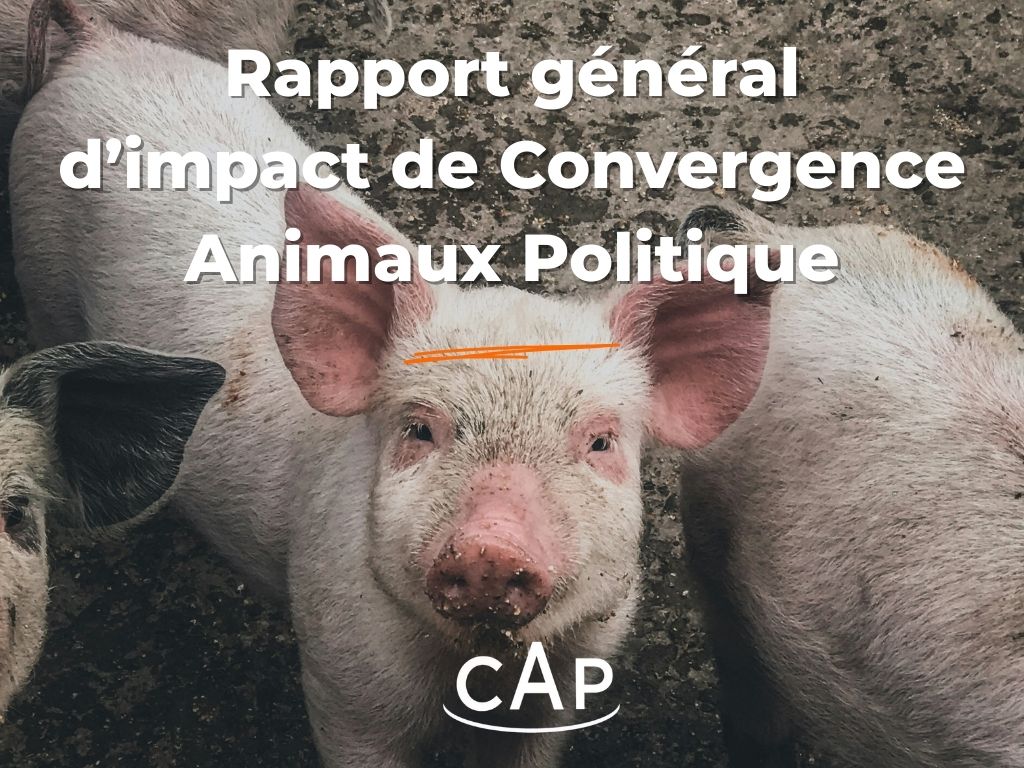Convergence Animaux Politique (CAP) is a non-profit organization founded in 2017 that unites and empowers French animal NGOs to influence legislation. Through a strategic and coordinated lobbying approach, CAP drives political change for animals in France. For its 8th year of activity, CAP has engaged in coalition building and political advocacy to resist backlash and keep animal protection at the agenda, in a context of political instability and growing conservative influence across Europe. We have ramped up our political monitoring efforts, providing 24 partner NGOs with critical insights and legislative texts to act on.
Our political impact in key figures
1) Obtaining a bill against salmon factory farms
One of our major advances came in March 2025, when, in partnership with Seastemik, we introduced a bill to prevent the expansion of industrial salmon farming, marking the first-ever legislative initiative on this issue in France. To bring this political issue to the fore, our team carried out extensive work to raise awareness among MPs beforehand, highlighting the harmful impacts of this emerging industry on animal welfare, biodiversity and the climate. We mobilised our political network to help Seastemik obtain the signatures of over 100 MPs from 8 different parliamentary groups, a key first step in setting the legislative process in motion on this cross-party text.
2) Moving the budget forward by tabling 43 amendments
This year, we have significantly stepped up our work on the Finance Bill, reinforcing our strategy and equipping our network. For the first time, we have offered dedicated training to our NGO partners, to help them make better use of this all too often under-exploited budgetary lever. We submitted 43 amendments, two of which were initially adopted – including a $10 million allocation to strengthen inspections of live animal transport by sea, though later overturned via Article 49.3, a constitutional mechanism that allows the government to pass legislation without a parliamentary vote. We have been closely monitoring and resisting initiatives to cut environmental agency funding and so-called gag amendments targeting animal protection NGOs by seeking to restrict their funding, freedom of expression, and investigative capacities.
3) Opening a democratic debate on bullfighting in the Senate
In November 2024, we secured a debate on this subject in Parliament for the first time. The placing on the agenda of a bill aimed at banning the presence of minors under the age of 16 at bullfights is the result of a long political journey, in collaboration with our historic allies, Senator Samantha Cazebonne (RDPI) and Senator Arnaud Bazin (LR). Although the text was not adopted, it has enabled us to identify our supporters and opponents more clearly, to lift a deep-rooted political taboo and to secure several parliamentary meetings. This represents a symbolic victory that has opened the way for a broader democratic debate and will help advance the animal cause as a whole within the political sphere.
4) Adding trophy hunting to the agenda of the Conference of Presidents
As part of the campaign we have been running for over two years with Humane World for Animals Europe, we succeeded in getting our bill banning the import of trophies of endangered species into France tabled both in the National Assembly – for a 4th time by MP Sandra Regol – and in the Senate – by Senator Yannick Jadot. We secured 82 co-signatures for the bill in the Assembly by actively engaging our network. We also succeeded in getting the bill included on the agenda of the Assembly’s Conference of Presidents and are now working to ensure it is brought forward for debate.
5) Calling on the government to enforce the law on captivity
We have carried out several actions to question the government on the application of the law against animal cruelty, particularly with regard to captivity. In December 2024, we secured a meeting at the Ministry of Ecological Transition with 4 partner NGOs, following the publication of our collective open letter to the government, signed by our NGOs and 25 MPs. Given the urgency of the situation for the hundreds of animals concerned and the persistent shortcomings in the application of the text, raised by the ten written questions to the government tabled this year by our political allies, the Minister’s team undertook to publish several implementing texts by 2025. As the high point of our collective mobilisation, in June 2025 we organised a CAP meeting between NGOs and members of parliament to give impetus to new actions on this subject, such as the creation of a mission to evaluate the law or work on a bill to ban the use of wild animals in films.
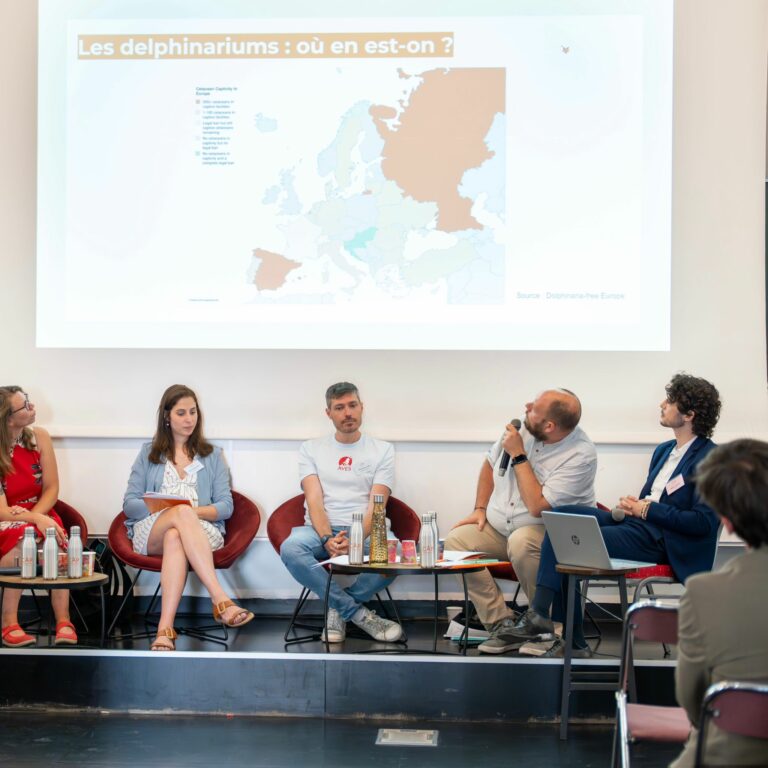
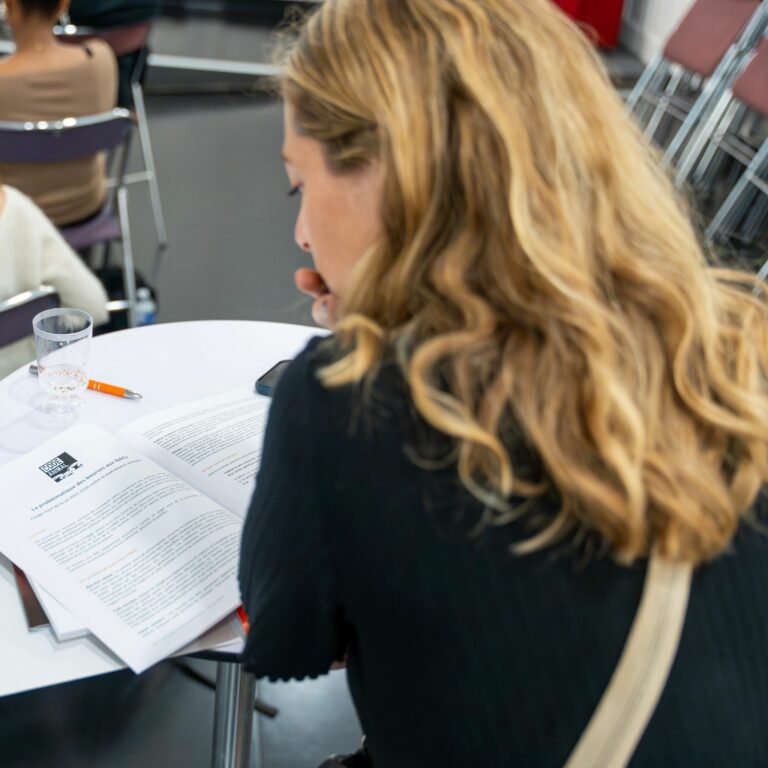
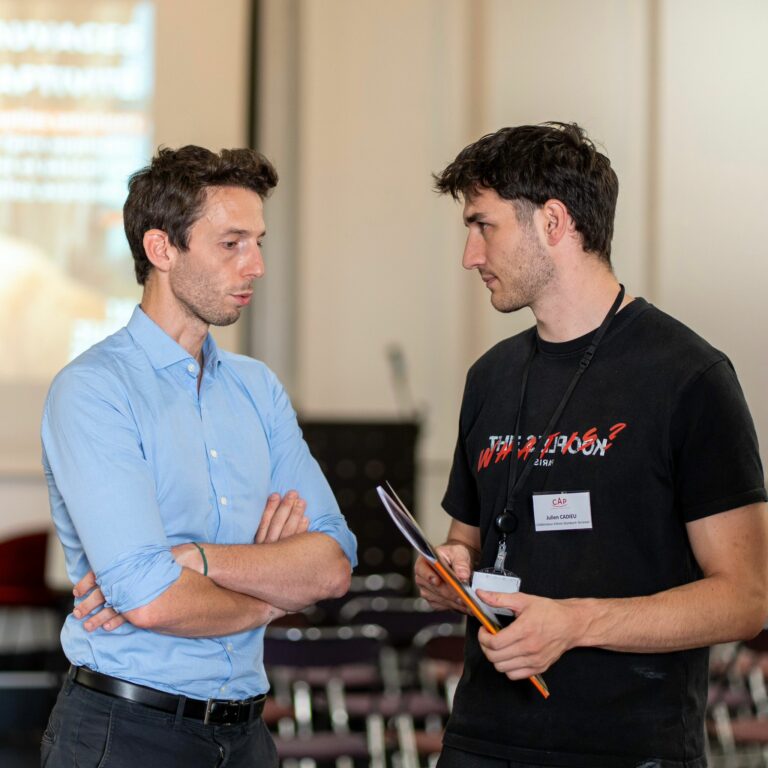
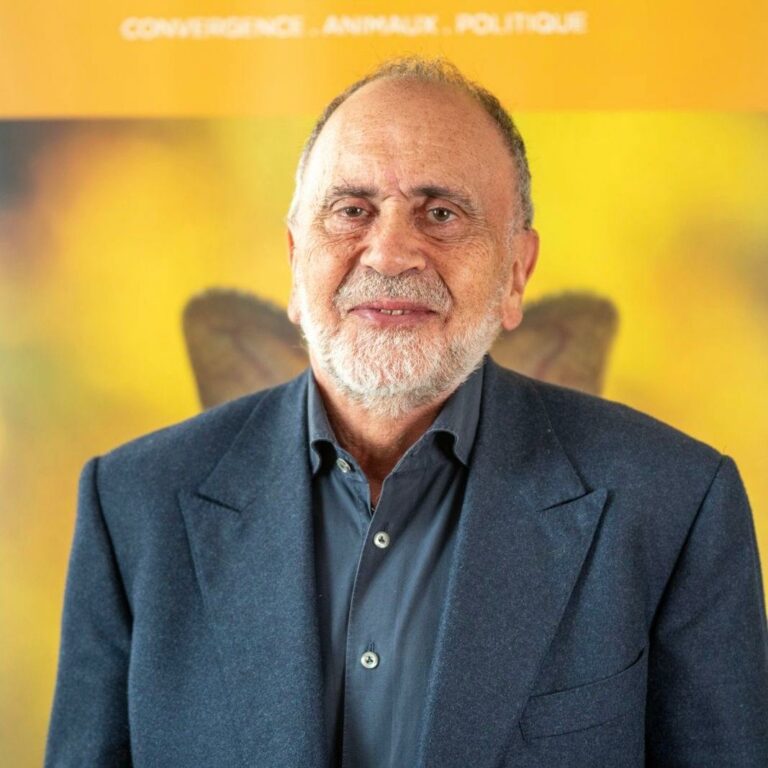
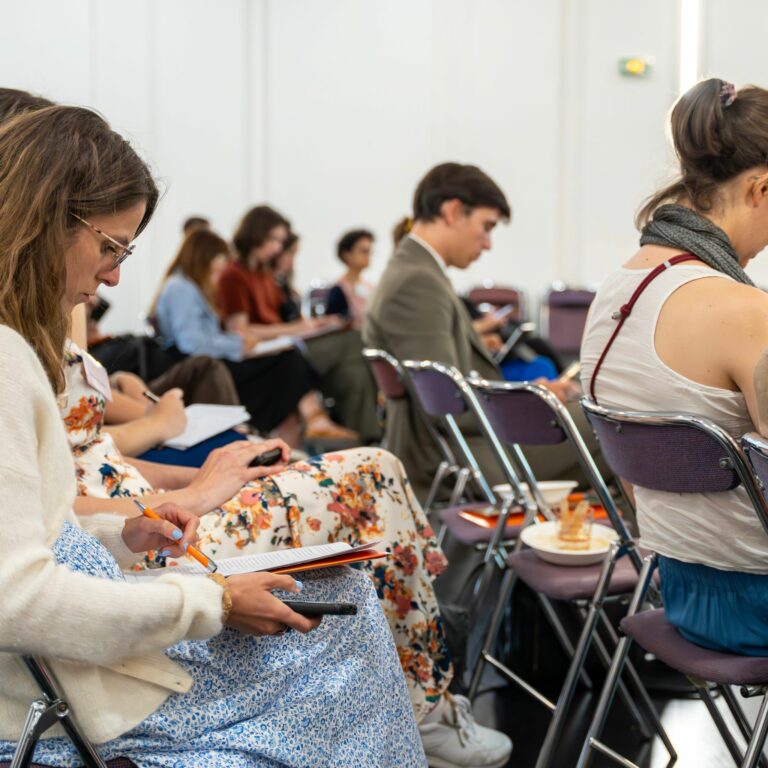
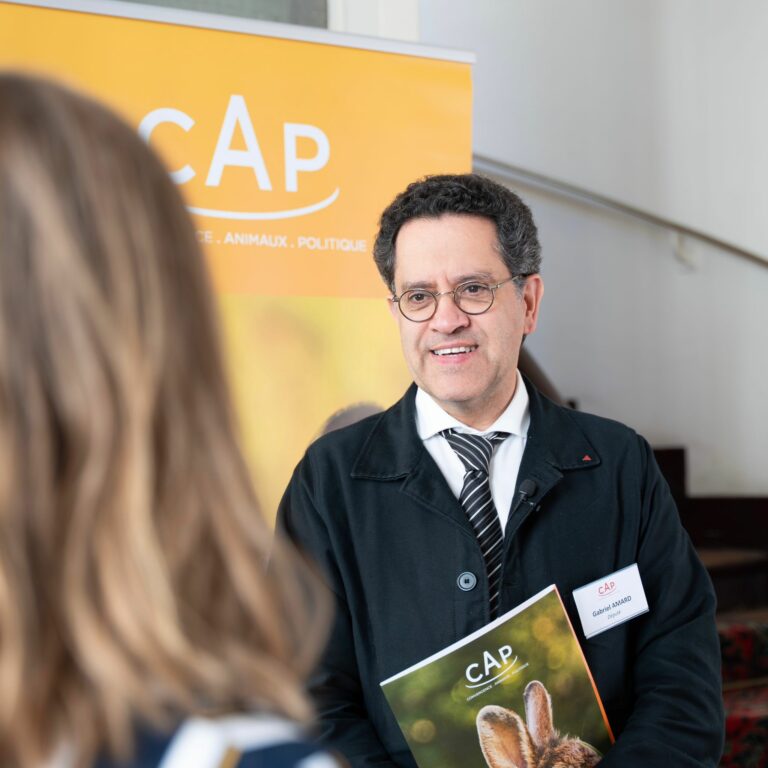
6) Including plant-based food in the Social Security Food Law
In summer 2024, CAP supported a bill to introduce social security for food in the French National Assembly. Our team worked alongside its NGO partners to include provisions to promote the development of plant-based food. This text was put on the agenda as part of the Ecologiste et Social group’s parliamentary niche in February 2025, but could not be examined within the given timeframe.
7) Strengthening our political alliances at the summer universities
Every year, the political parties’ summer universities offer a valuable opportunity to meet many political decision-makers, such as MPs, senators, ministers and local mayors, all in one place. In an uncertain political climate, it is essential to strengthen our ties with these players in order to mobilise them in support of our campaigns. In 2024, CAP took part in the Ecologists’ Summer Days, the Socialist Party’s Summer Campus, the MoDem’s Universités de rentrée and the France Insoumise’s AMFIS. During these events, CAP distinguished itself as a key interlocutor with the new Prime Minister’s team, notably by taking part for the first time in the MoDem’s Universités de rentrée. Our team meet 33 MPs, 9 senators, 3 MEPs and other officials, including Minister Jean-Noël Barrot (MoDEM) and Prime Minister François Bayrou (MoDEM).
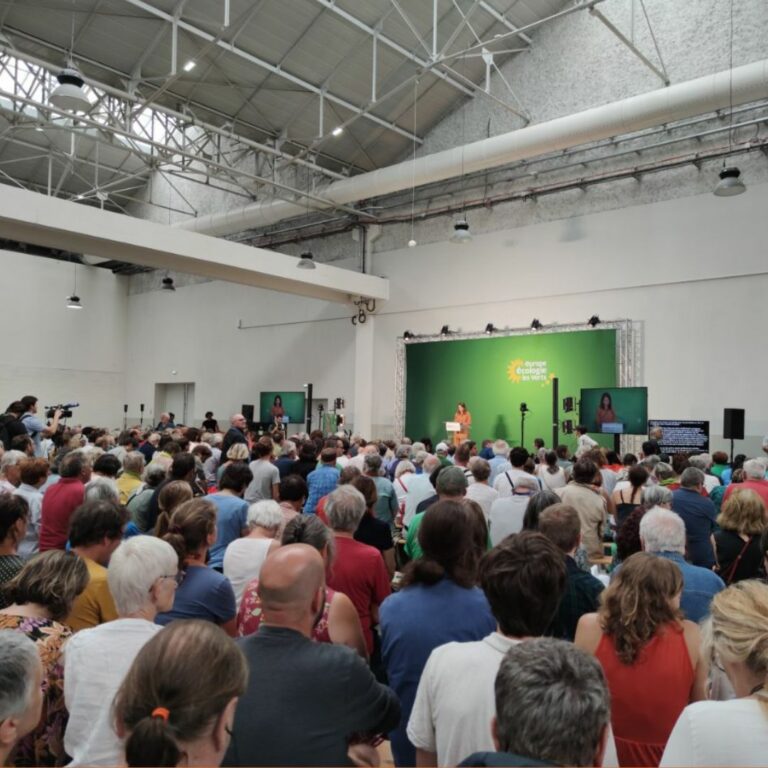
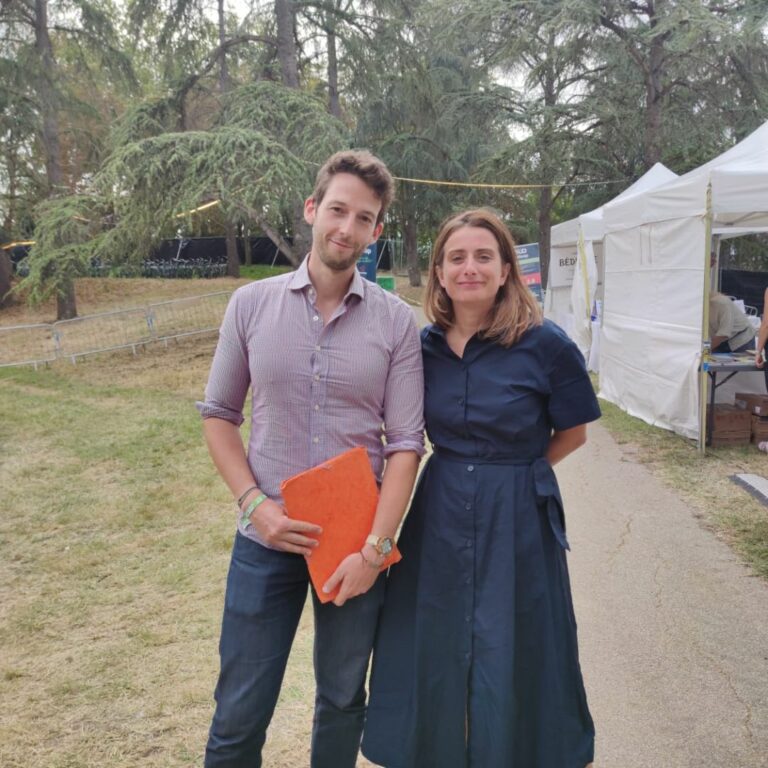
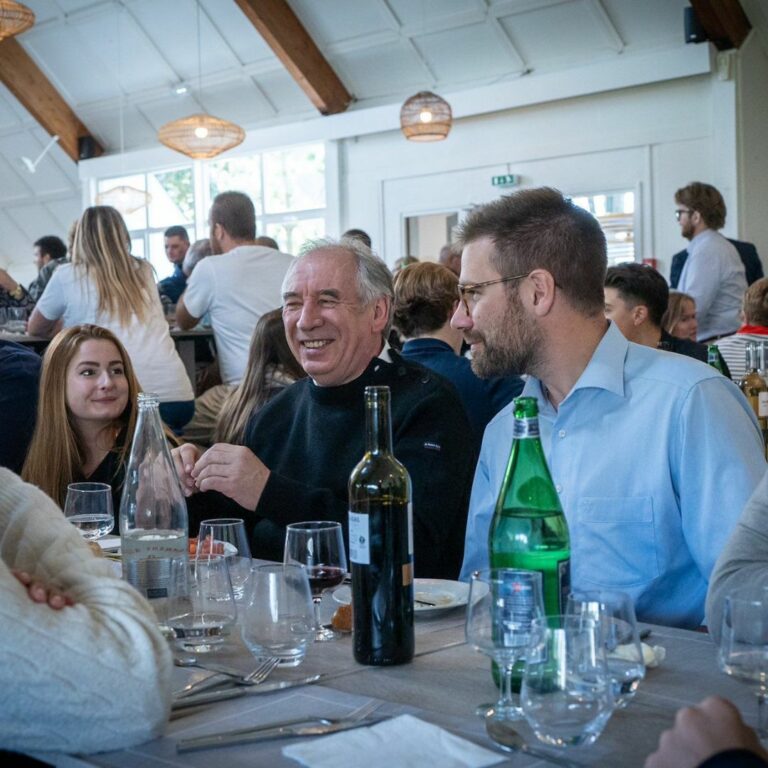
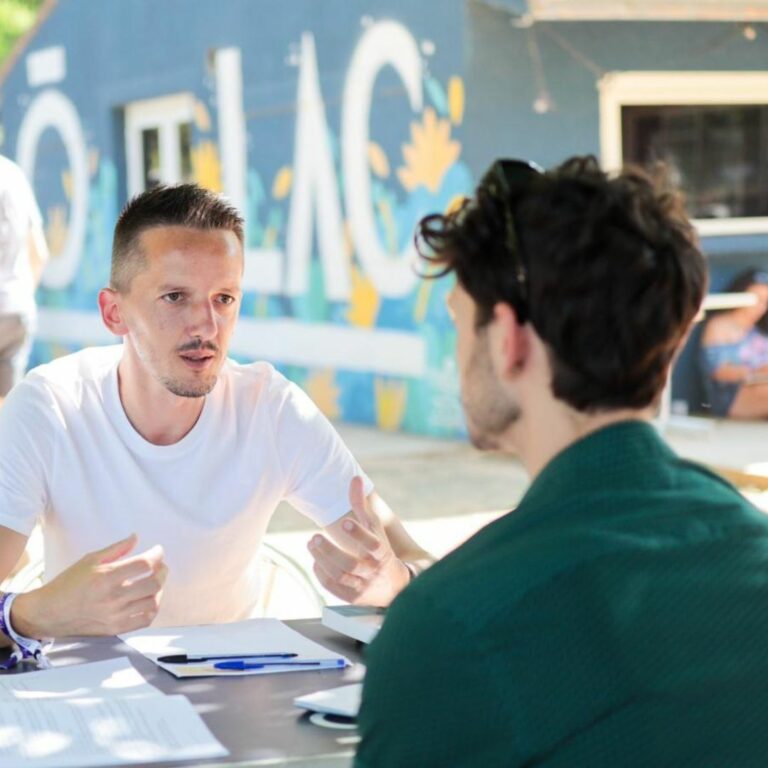
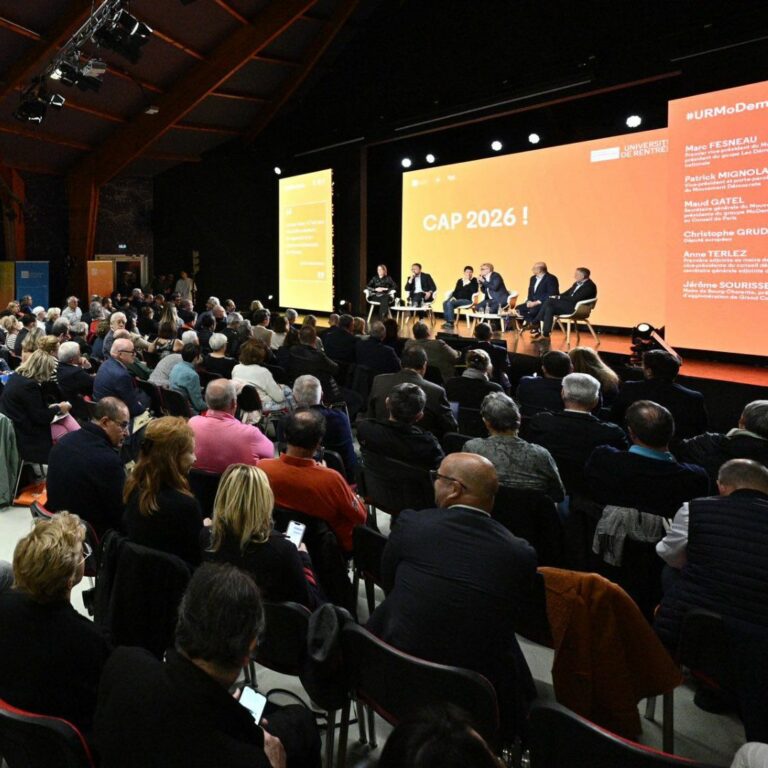
8) Asking the Prime Minister to create a Ministry for Animal Welfare
Each time a new Prime Minister is appointed, CAP engages in dialogue from the very first days of his or her term of office. In 2024, we coordinated two collective actions with our NGO partners, first to Michel Barnier (LR) and then to François Bayrou (MoDEM), to ask for the creation of a Ministry for the Animal Welfare within their government. These letters and requests for meetings are an opportunity to point out that the animal issue is dealt with in a fragmented way, with no cross-cutting coordination. While this request has not yet received a favourable response, it has nevertheless served to reaffirm the collective mobilisation of NGOs in favour of autonomous and coherent governance of animal protection.
9) Strengthening ties between NGOs and members of Parliament
On 30 October 2024, a CAP meeting brought together thirty members of parliament, staff, local elected representatives and ministerial representatives to meet 18 partner NGOs. Thanks to direct exchanges with decision-makers, this event helped to identify concrete political courses of action on all issues relating to animal protection : farmed animals, food transition, wild animals, captivity and entertainment, animal experimentation, companion animals, governance and education.
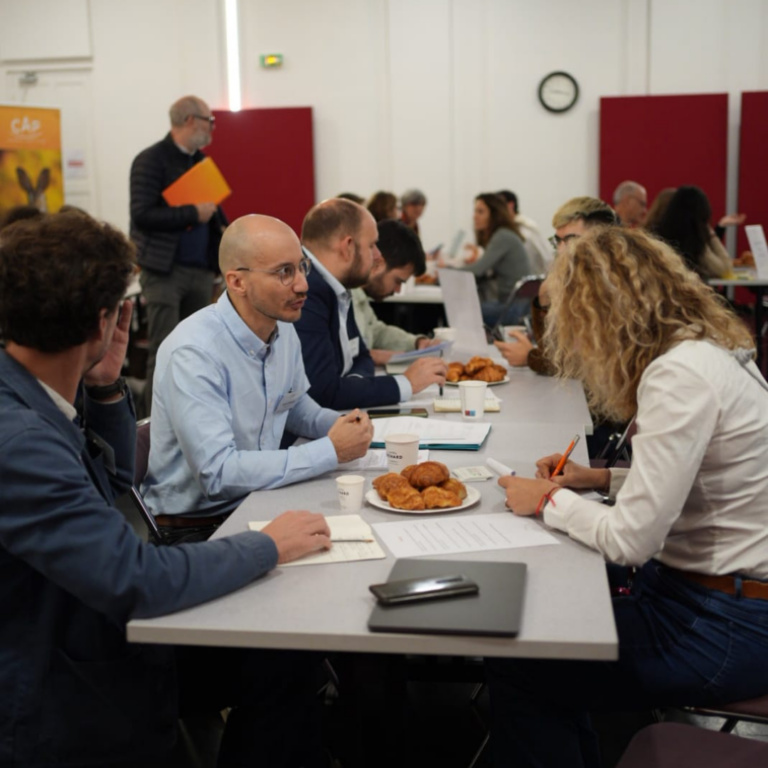
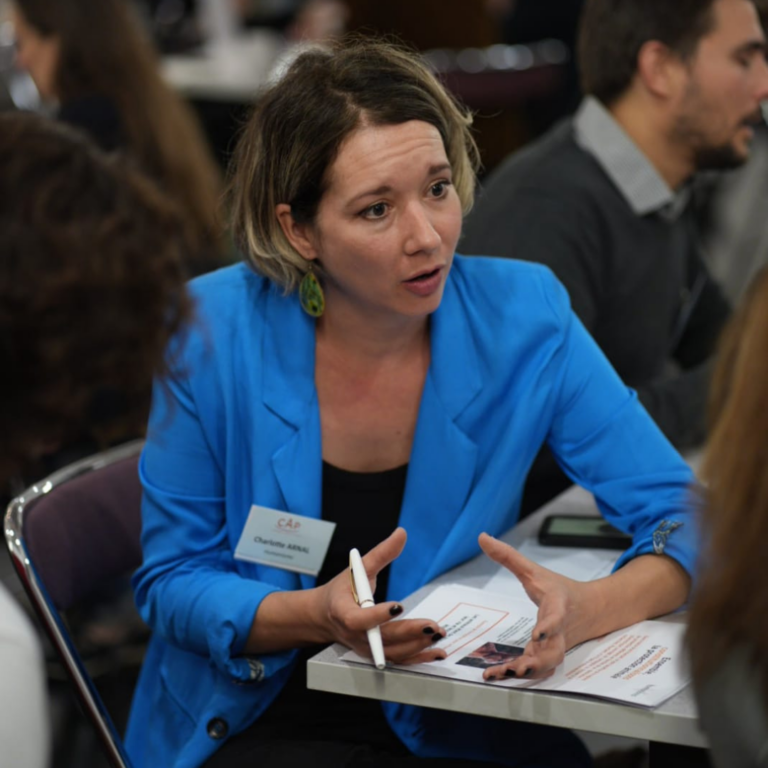
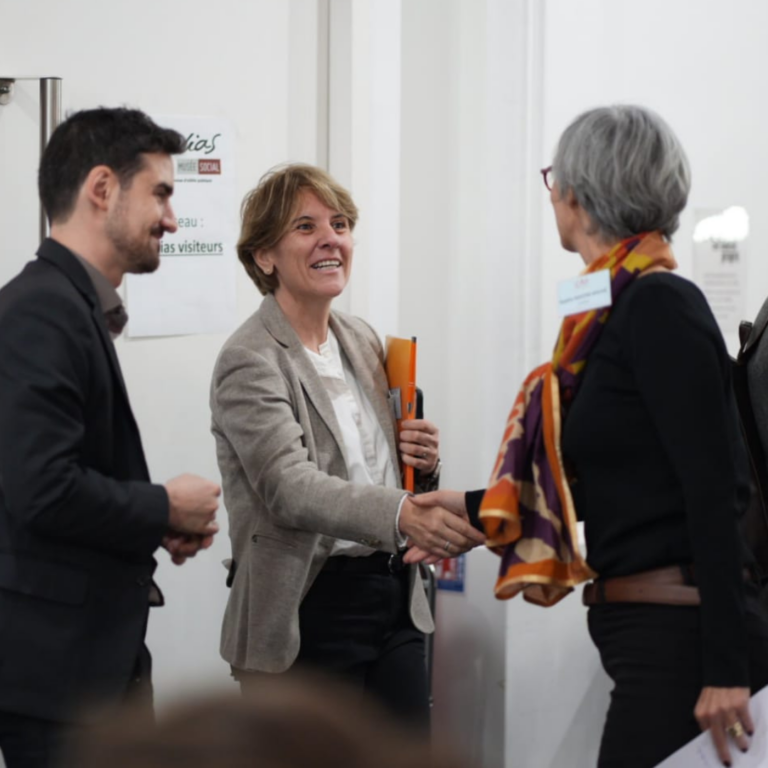
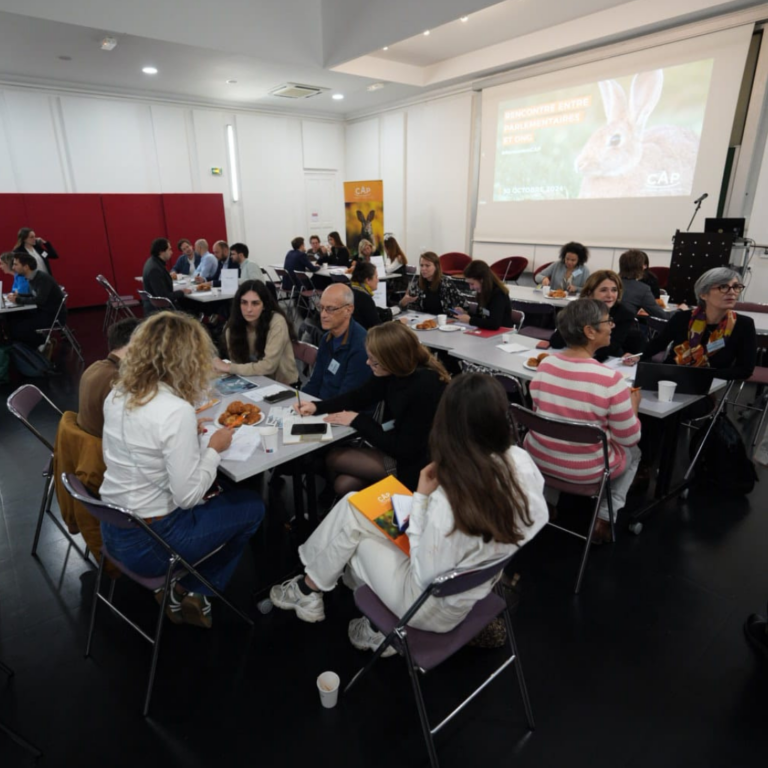
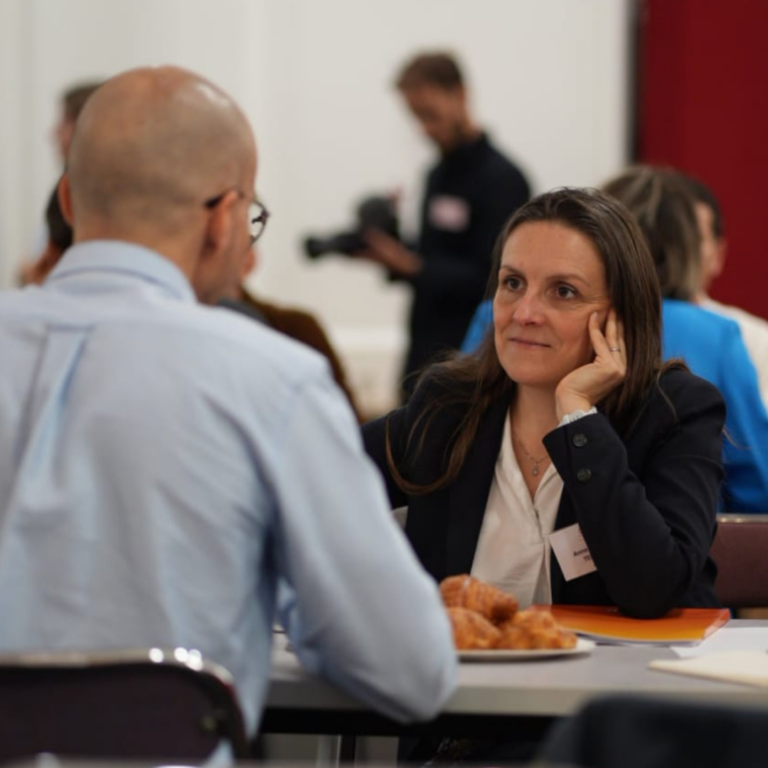
10) Support the development of alternative methods to animal experimentation
On 5 February 2025, a CAP meeting brought together twenty members of parliament and 6 partner NGOs. This meeting, which focused on alternative methods, highlighted the importance of ethical, innovative and competitive research. For the first time, scientists and industry representatives were invited to testify alongside partner NGOs, in order to review current practices and identify the political levers for accelerating the transition to animal-free research. At the end of the event, CAP and its NGO partners proposed that members of parliament table 15 written questions to encourage the government to take up the issue.
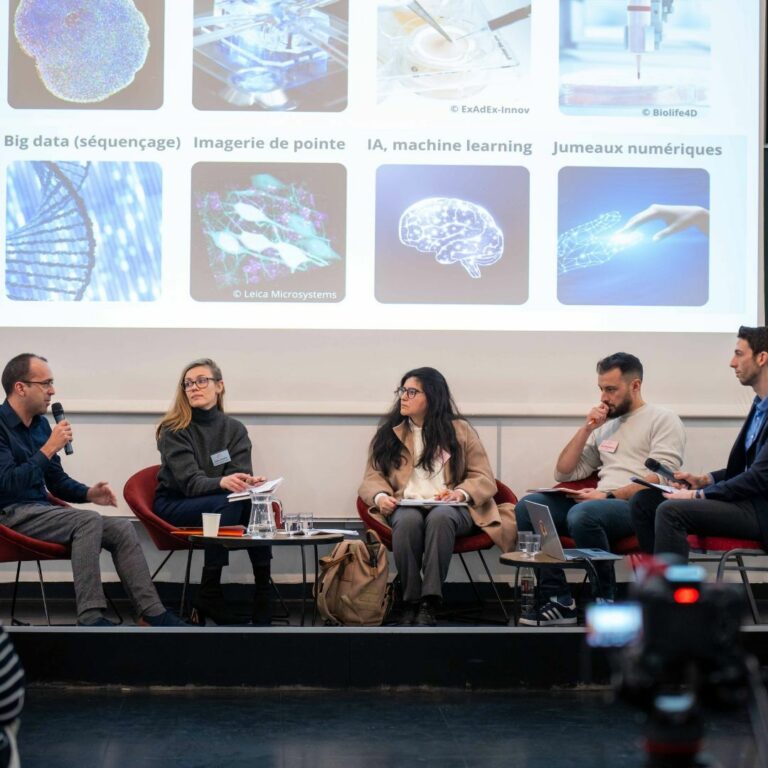
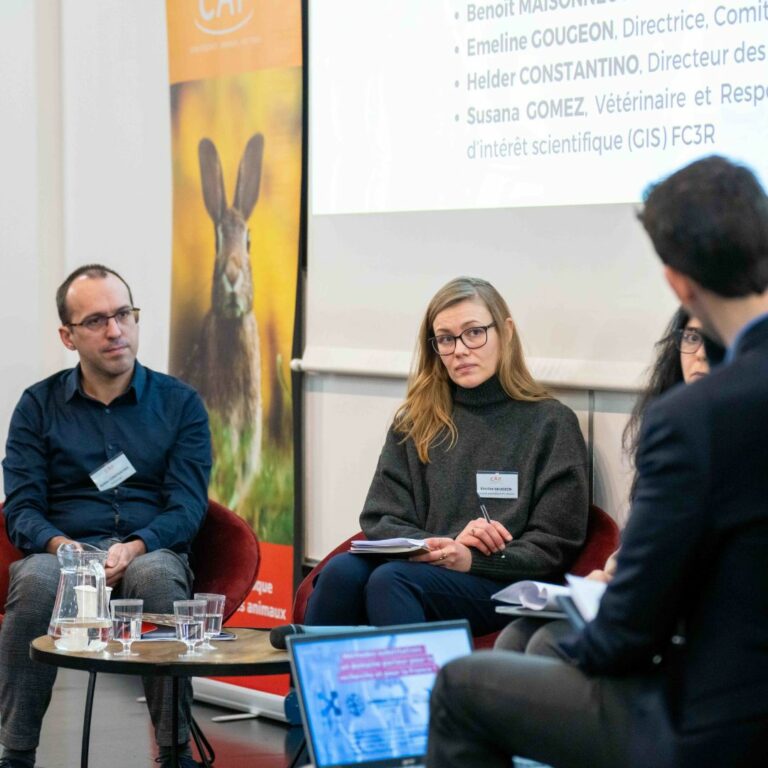
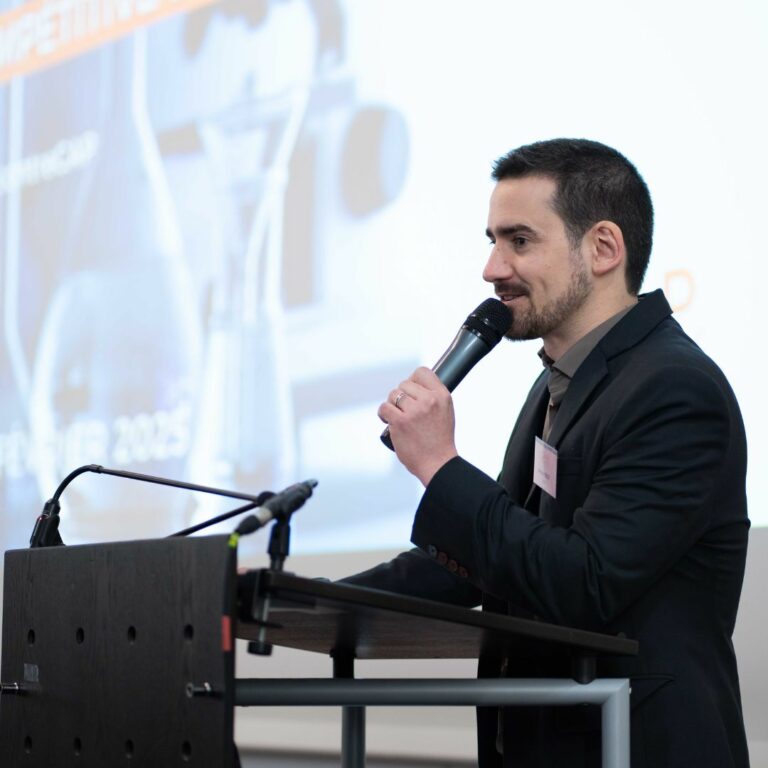
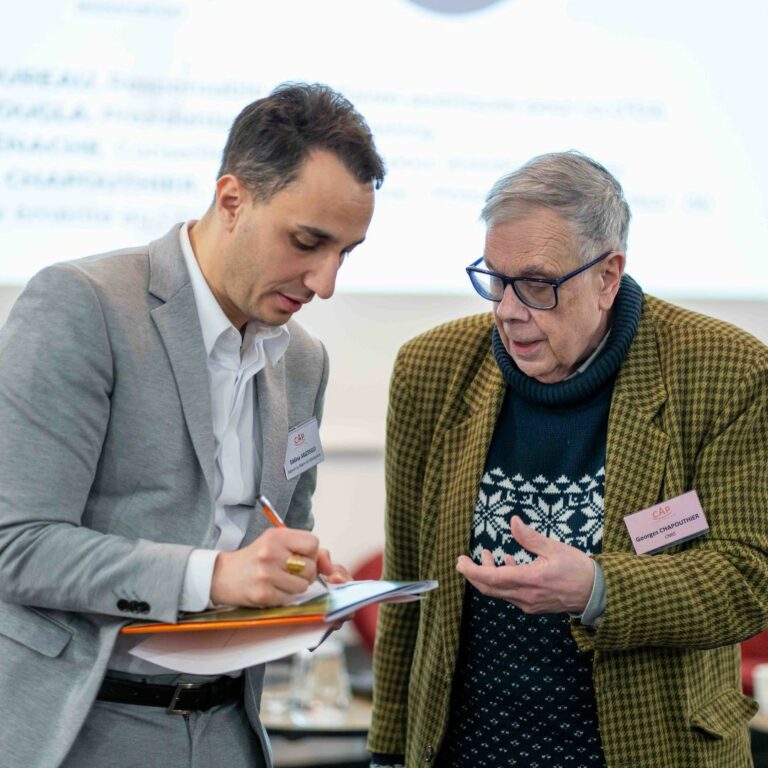
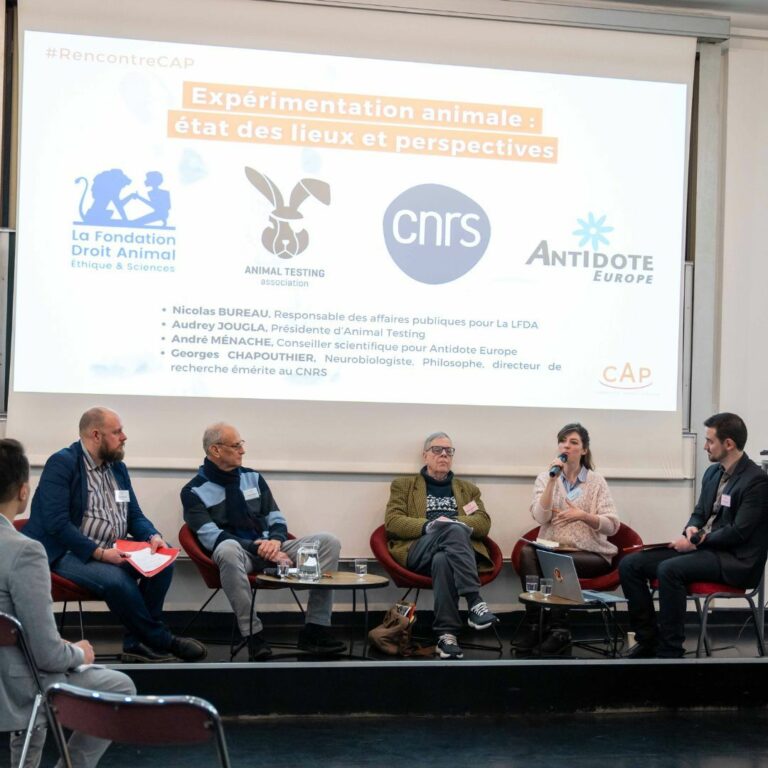
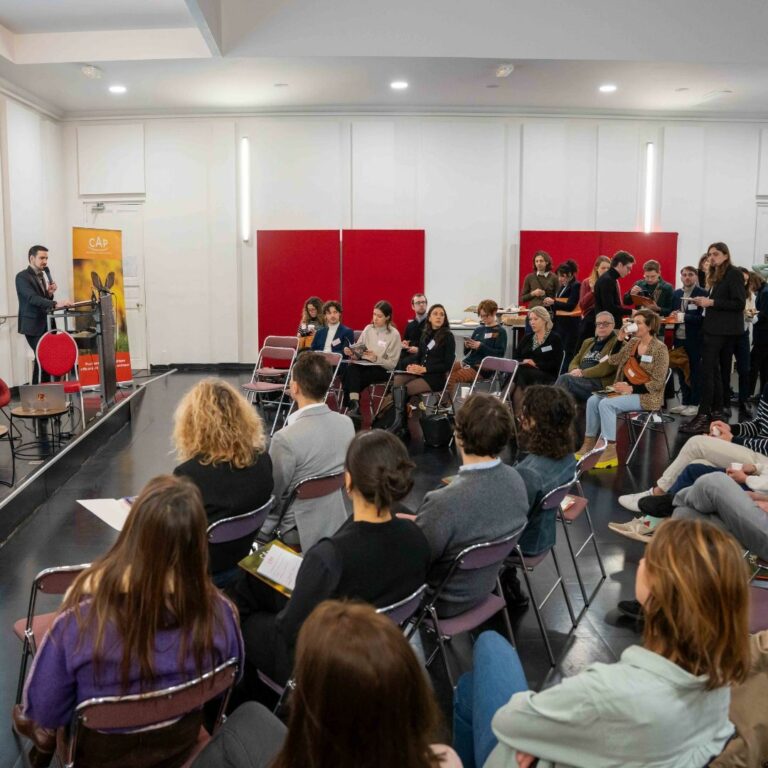
Most animal suffering is rooted in institutionalized systems, whether in farming conditions, wildlife management, or regulations on animal testing. Advocating for animals goes beyond individual ethics: it is a matter of collective, political responsibility. By supporting our work, you help counter the powerful influence of agro-industry lobbies, rebalance the political power dynamic, and defend the interests of animals wherever they are threatened, to ultimately reduce animal suffering in France.
France is one of Europe’s largest producers of animal products and wields significant influence within the European Union. Achieving progress in France is therefore critical, not only for the millions of animals within its borders, but for the ripple effect such changes can have across Europe.
Crédit photo : @Fairshot





